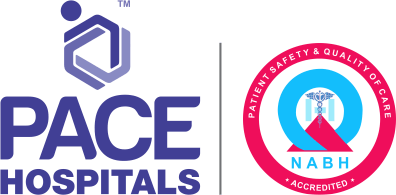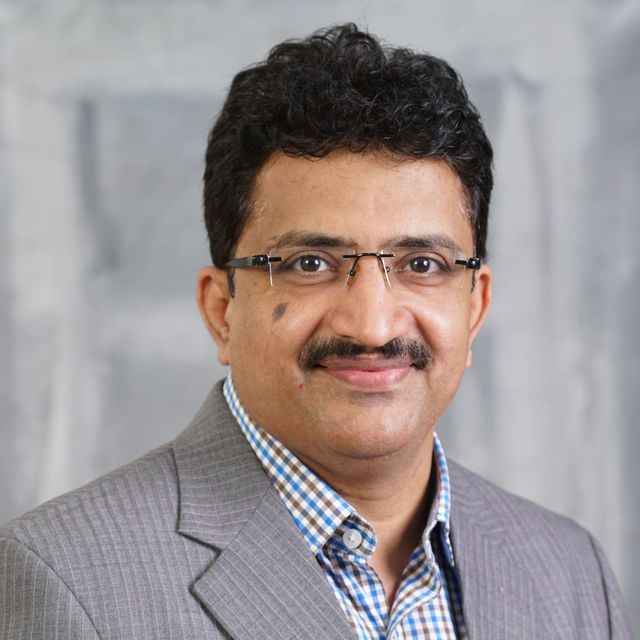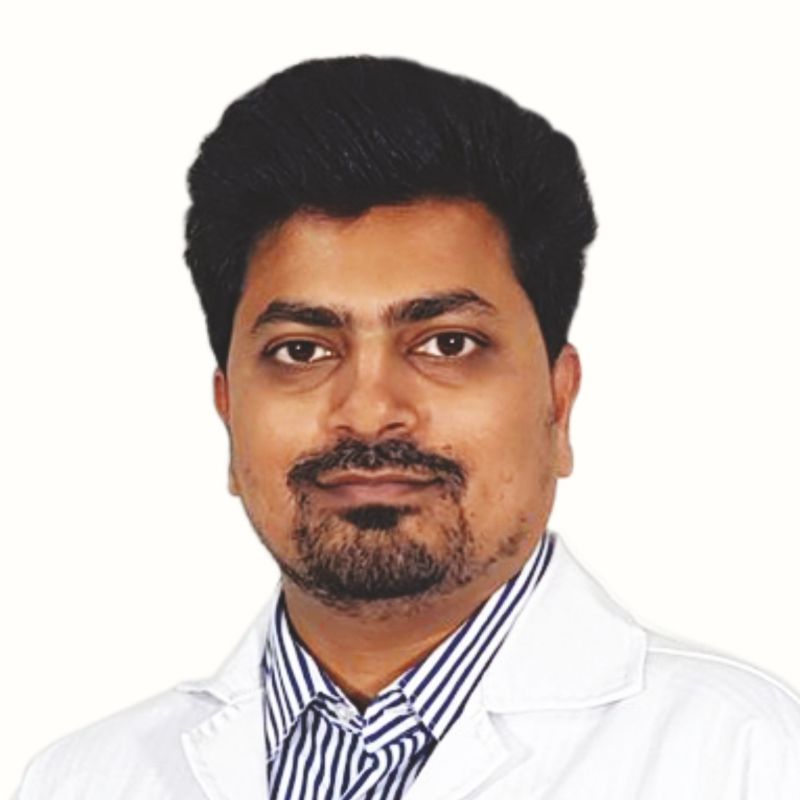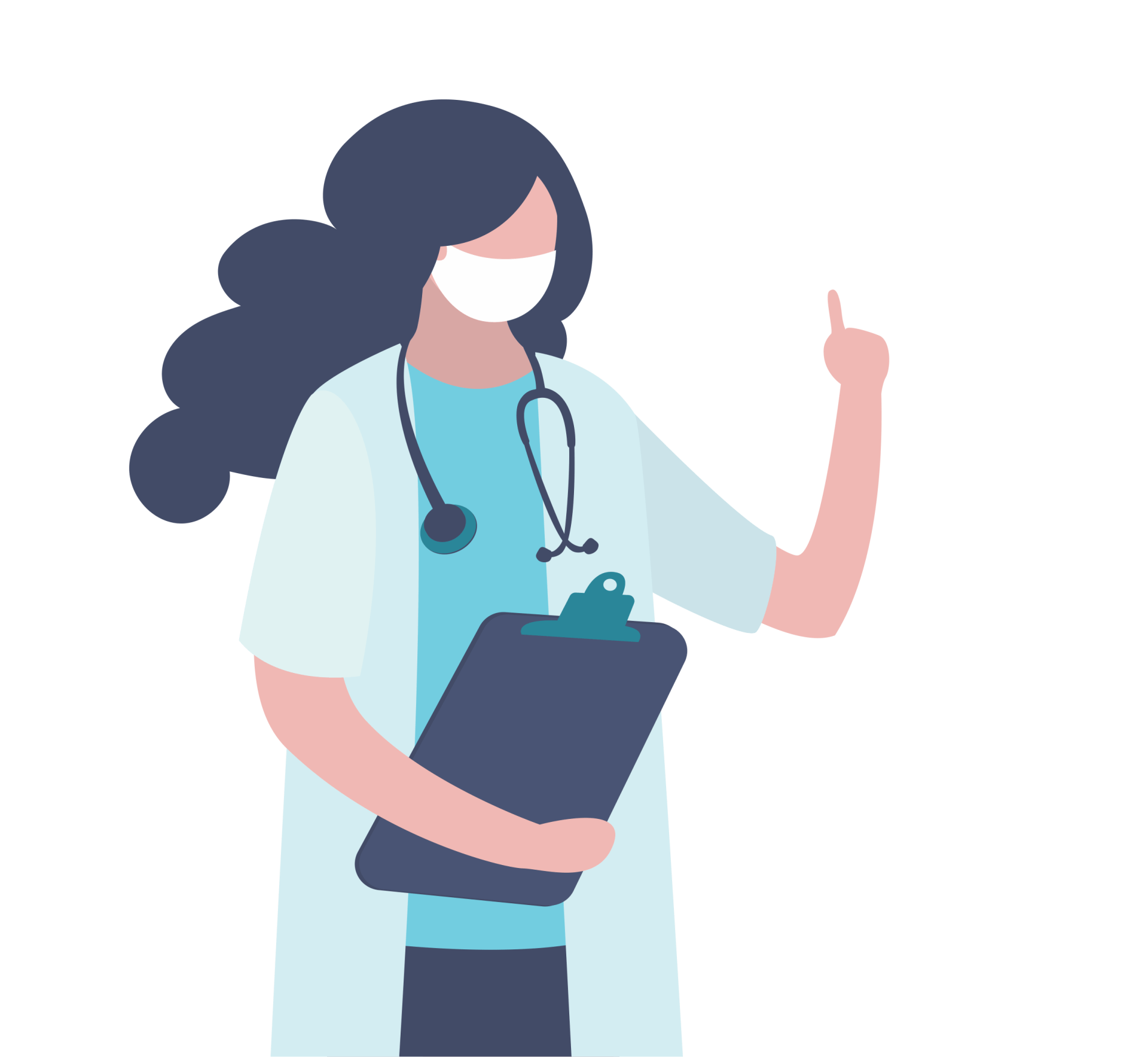Trusted Team of Doctors for Piles, Fissure, Fistula and Hemorrhoids
- Award-winning team of Medical and Surgical Gastroenterologists at Hitech City & Madinaguda, Hyderabad.
- Advanced laser treatments for piles, fissures, fistula, hemorrhoids, polyps, pilonidal cysts.
Request an appointment
We will get back to you as soon as possible
Please try again later
Book an appointment, Choose your location
We are successfully treating
Piles
Piles are collections of tissue and vein that become inflamed and swollen. The size of piles can vary, and they are found inside or outside the anus.
Fissure
An anal fissure is a cut or tear occurring in the anus (the opening through which stool passes out of the body) that extends upwards into the anal canal.
Fistula
A fistula-in-ano is an abnormal tract or cavity with an external opening in the perianal area that is communicating with rectum or anal canal by an identifiable internal opening.
Haemorrhoid
Haemorrhoids are swollen and inflamed veins in the rectum or anus. Typical symptoms are pain, itching and bleeding around the anal area.
99% Success Rate
Safe Procedure
Day Care Treatment
35,000 Happy Patients
Our Team of Gastroenterology Doctors
-
Dr. Phani Krishna
View ProfileSurgical Gastroenterologist and Liver Transplant Surgeon
-
Dr. Govind Verma
View ProfileInterventional Gastroenterologist, Hepatologist & Endosonologist
-
Dr. M Sudhir
View ProfileSenior Gastroenterologist
-
Dr. R Venkatesh Reddy
View ProfileGastroenterologist & Hepatologist
-
Dr. Suresh Kumar S
View ProfileSurgical Gastroenterologist and Laparoscopy Surgeon
FAQs
What are haemorrhoids?
Haemorrhoids, also known as piles, are enlarged veins situated in or around the back passage (anus). They occur when these blood vessels become swollen in a similar way to varicose veins in the legs.
How are they caused?
Under pressure the blood vessels in and around the anus stretch. Straining whilst on the toilet, chronic coughing and lots of heavy lifting are common ways that pressure in the abdomen is increased and that in turn results in increased pressure in the veins located around the anus. Pregnancy, being overweight and childbirth can also cause haemorrhoids.
Will diet improve symptoms?
Since straining on the toilet is one of the commonest reasons why haemorrhoids develop, avoiding constipation and having to strain is vital to improve symptoms. Eating a healthy diet that contains plenty of fresh fruit, vegetables and other fibre, drinking plenty of water, keeping active and keeping stress levels under control all help the bowel to function properly.
What can I use to ease the pain?
Ice packs help reduce swelling and sitting in a warm bath filled with plain water for 10 minutes several times a day will relieve symptoms too. Don’t be over-hygienic when washing since this may cause more irritation. Try not to sit for long periods of time since this may cause more irritation.
What if they persist despite these measures?
Sometimes haemorrhoids will need to be treated surgically. If your doctor advises this then surgical treatment may involve laser heat treatment, chemical solution injections (sclerotherapy), rubber band ligation, or surgical removal of the haemorrhoids. The operation recommended depends upon whether the haemorrhoids are internal or external.
What can I do to avoid getting haemorrhoids again?
Make sure your diet contains plenty of fibre, drink lots of fluids and increase the amount of exercise you get. These measures will help prevent constipation, one of the main causes of haemorrhoids. Check out with our specialist for advice on how to avoid the problem.
Why Pace Hospitals?
- 150+ bedded super speciality hospital, CGHS & ISO accreditation.
- NABH and NABL accreditation.
- State-of-the-art Liver and Kidney transplant centre.
- Empanelled with all TPA’s for smooth cashless benefits.
- Centralized HIMS (Hospital Information System).
- Computerized health records available via website.
- Minimum waiting time for Inpatient and Outpatient.
- Round-the-clock guidance from highly qualified surgeons and physicians.
- Standardization of ethical medical care.
- 24X7 Outpatient & Inpatient Pharmacy Services.
- State-of-the-art operation theaters.
- Intensive Care Units (Surgical and Medical) with ISO-9001 accreditation.
Coronavirus (COVID-19) Related Information
- Black Fungus Infection - Mucormycosis Disease: Causes, Symptoms, Diagnosis and Treatment
- Coronavirus symptoms day by day monitoring is crucial for recovery from COVID-19. Know how?
- Coronavirus: What is asymptomatic, mild and moderate COVID -19?
- Coronavirus - How to treat COVID-19 at home isolation | Self Care Treatment Guidelines
- COVID-19 Treatment Private Hospitals in Hyderabad
- Coronavirus: Symptoms, Precautions and Treatment
- Reinfection of Covid-19 (Coronavirus), is it possible?
- Covid-19 and Kidney Disease: Important Update for Kidney Patients
Request a call back
We will get back to you as soon as possible
Please try again later
Our Locations
Subscribe to our newsletter and stay updated with the latest health information.
By clicking on subscribe now, you accept to receive communications from PACE Hospitals on email, SMS and Whatsapp.
Subscribe to PACE Hospitals News
Thank you for subscribing. Stay updated with the latest health information.
Oops, there was an error. Please try again submitting your details.
-

Payment in advance for treatment (Pay in Indian Rupees)
For Bank Transfer:-
Bank Name: HDFC
Company Name: Pace Hospitals
A/c No.50200028705218
IFSC Code: HDFC0000545
Bank Name: STATE BANK OF INDIA
Company Name: Pace Hospitals
A/c No.62206858997
IFSC Code: SBIN0020299
Scan QR Code by Any Payment App (GPay, Paytm, Phonepe, BHIM, Bank Apps, Amazon, Airtel, Truecaller, Idea, Whatsapp etc)
Call us at 04048486868
ADDRESS
PACE Hospitals
Hitech City : Beside Avasa Hotel, Pillar No. 18, Hyderabad - 500081
Madinaguda: Mythri Nagar, Beside South India Shopping, Madinaguda, Hyderabad - 500050
QUICK LINKS
Disclaimer
General information on healthcare issues is made available by PACE Hospitals through this website (www.pacehospital.com), as well as its other websites and branded social media pages. The text, videos, illustrations, photographs, quoted information, and other materials found on these websites (here by collectively referred to as "Content") are offered for informational purposes only and is neither exhaustive nor complete. Prior to forming a decision in regard to your health, consult your doctor or any another healthcare professional. PACE Hospitals does not have an obligation to update or modify the "Content" or to explain or resolve any inconsistencies therein.
The "Content" from the website of PACE Hospitals or from its branded social media pages might include any adult explicit "Content" which is deemed exclusively medical or health-related and not otherwise. Publishing material or making references to specific sources, such as to any particular therapies, goods, drugs, practises, doctors, nurses, other healthcare professionals, diagnoses or procedures is done purely for informational purposes and does not reflect any endorsement by PACE Hospitals as such.






